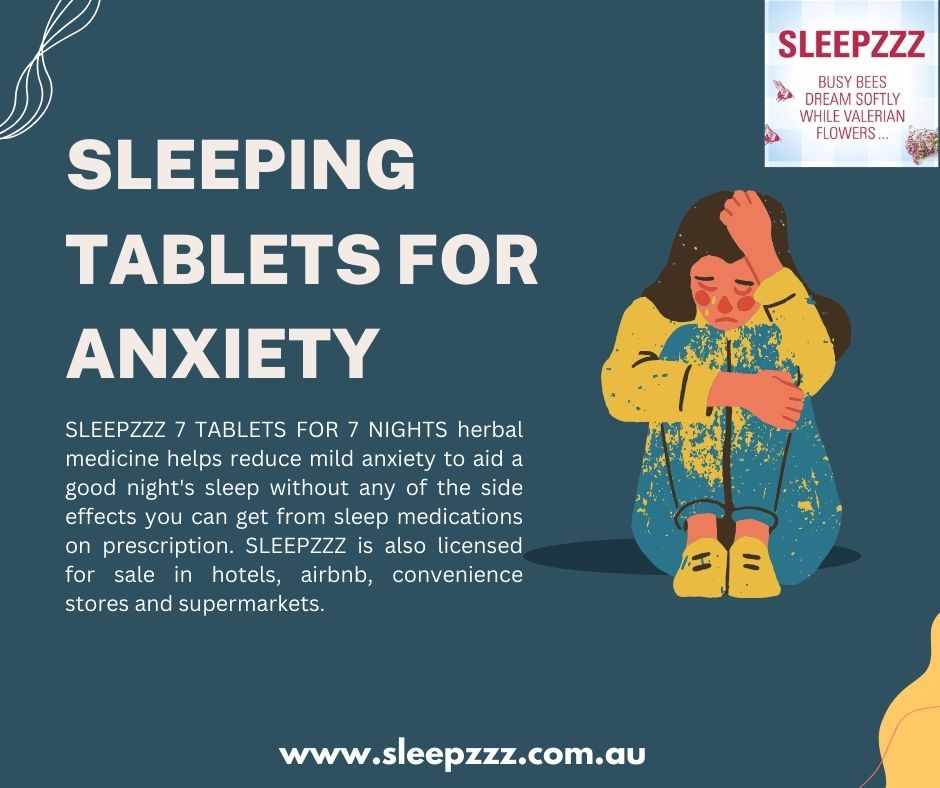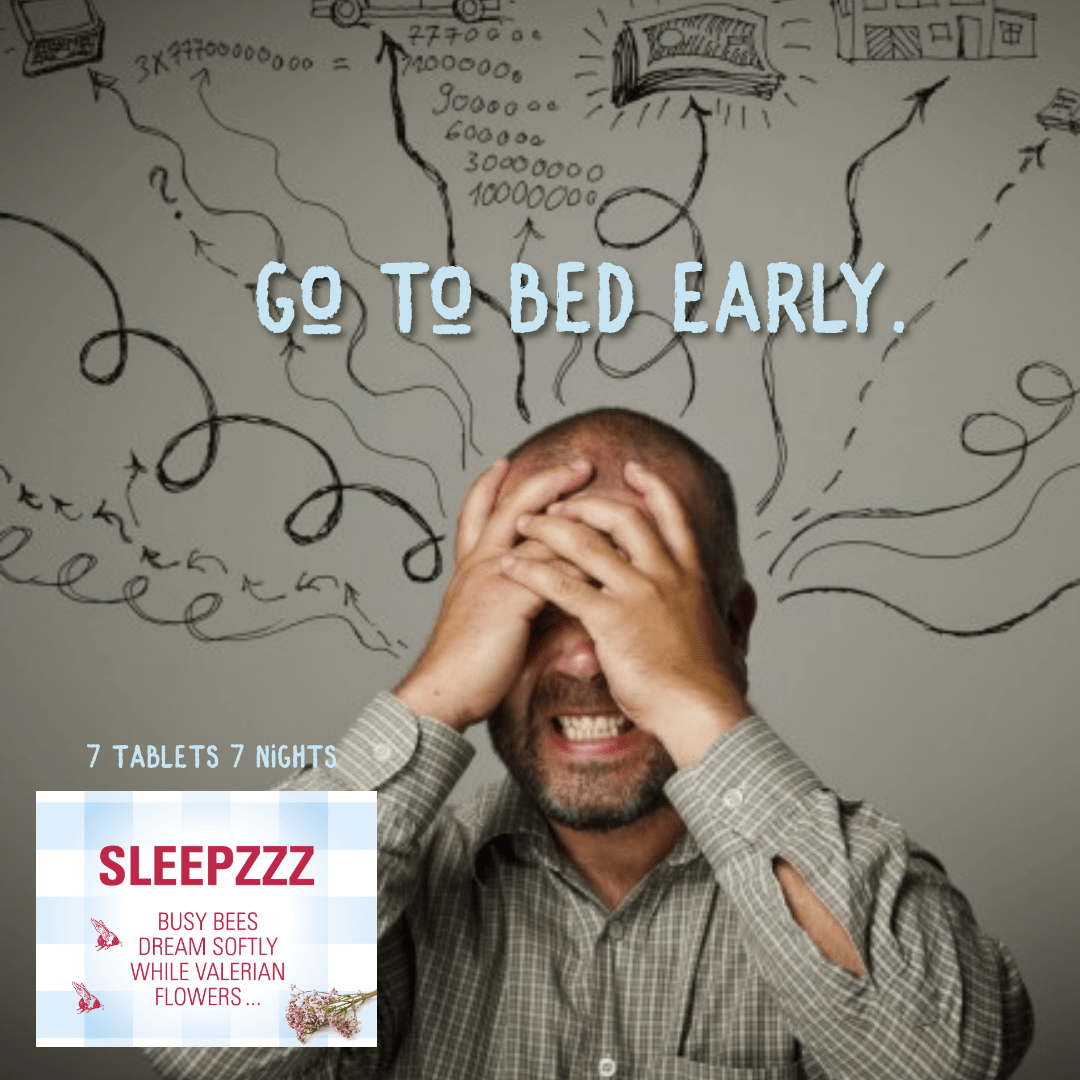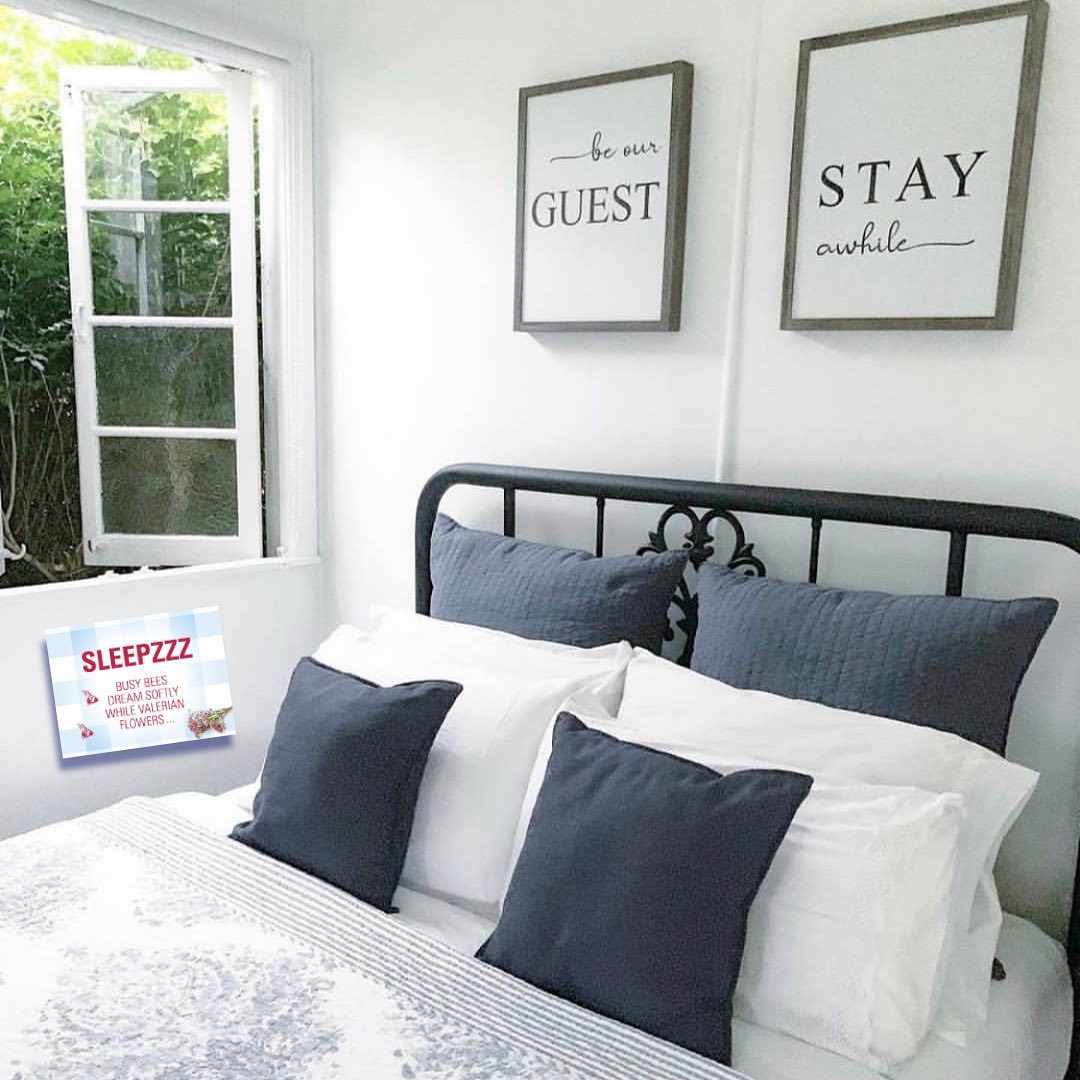Anxiety and sleep are interconnected aspects of our well-being, influencing each other in profound ways. While anxiety can disrupt sleep, poor sleep can also exacerbate anxiety symptoms. This complex relationship calls for a deeper understanding of how anxiety affects sleep patterns and vice versa. In this blog, we will explore the intricate connection between anxiety and sleep, the impact of anxiety on sleep quality, effective strategies for managing anxiety-induced sleep disturbances, and the importance of prioritizing restful sleep for overall mental health.

The Impact of Anxiety on Sleep:
Anxiety, a common mental health condition, can significantly impact sleep patterns. Racing thoughts, worry, and a hyperactive mind often make it difficult to fall asleep and stay asleep. Anxiety-induced insomnia can lead to fragmented sleep, frequent awakenings, and overall poor sleep quality. As a result, individuals experience daytime fatigue, irritability, and difficulty concentrating, further fueling their anxiety.
The Vicious Cycle: Anxiety and Sleep Deprivation:
The relationship between anxiety and sleep deprivation forms a vicious cycle. Lack of sleep can intensify anxiety symptoms, making it harder to manage stress and cope with daily challenges. Sleep deprivation impairs cognitive function and emotional regulation, heightening feelings of anxiety and vulnerability. This cycle can have detrimental effects on mental health and overall well-being if left unaddressed.
Strategies for Managing Anxiety-Induced Sleep Disturbances:
a. Establish a Bedtime Routine: Creating a soothing pre-sleep routine helps signal to your body and mind that it's time to unwind. Incorporate activities such as reading, taking a warm bath, or practicing relaxation techniques to promote relaxation before bedtime.
b. Practice Mindfulness and Meditation: Mindfulness and meditation techniques can help calm an anxious mind, reduce stress, and improve sleep quality. Engaging in deep breathing exercises or guided meditation before bed can be beneficial in reducing anxiety and promoting relaxation.
c. Create a Sleep-Friendly Environment: Make your sleep environment conducive to restful sleep. Ensure your bedroom is dark, quiet, and at a comfortable temperature. Remove electronic devices and minimize distractions that may contribute to anxiety or disrupt sleep.
d. Cognitive-Behavioral Therapy for Insomnia (CBT-I): CBT-I is a proven therapeutic approach specifically designed to address sleep disturbances. It focuses on changing negative thought patterns, establishing healthy sleep habits, and improving sleep hygiene.
e. Regular Exercise: Engaging in regular physical activity during the day can reduce anxiety and promote better sleep. However, avoid intense exercise close to bedtime, as it may have the opposite effect.
f. Seek Professional Help: If anxiety and sleep problems persist despite self-help strategies, it is essential to seek professional help. Mental health professionals can provide guidance, support, and specialized treatments to address anxiety disorders and sleep disturbances.
Prioritizing Restful Sleep for Mental Health:
Recognizing the crucial role of sleep in mental health is vital. Restful sleep supports emotional resilience, cognitive functioning, and overall well-being. By prioritizing sleep hygiene, managing anxiety effectively, and seeking professional help when needed, individuals can break free from the cycle of anxiety and sleep disruption, leading to improved mental health outcomes.
Anxiety and sleep share a complex relationship, with one often influencing the other. Understanding this connection is crucial for managing anxiety-induced sleep disturbances and promoting restful sleep. By implementing effective strategies to manage anxiety, establishing healthy sleep habits, and seeking professional support when necessary, individuals can break free from the grips of anxiety and enjoy the restorative power of quality sleep. Remember, prioritizing your mental health and nurturing your sleep is a significant step towards overall well-being and a more fulfilling life.





.jpg)



Write a comment ...